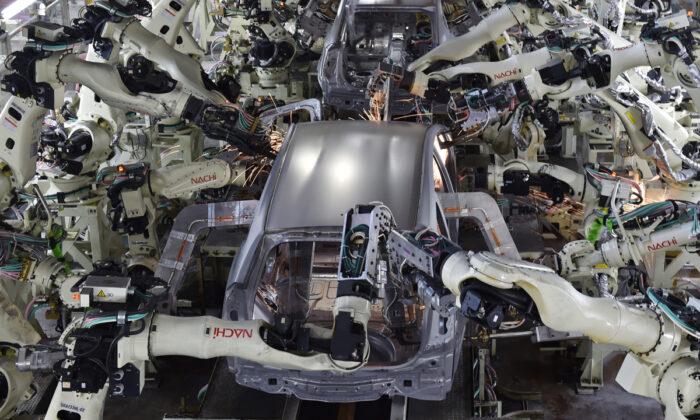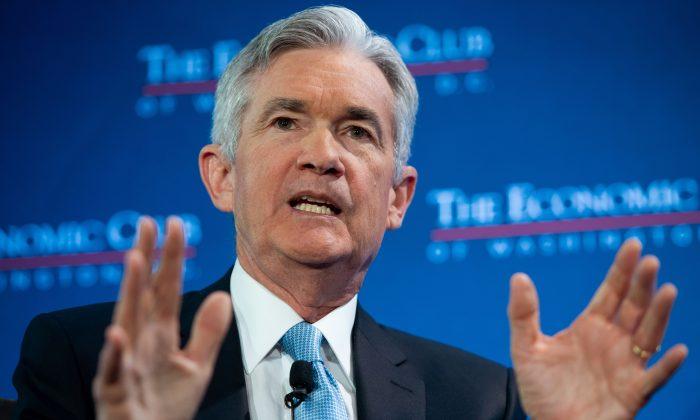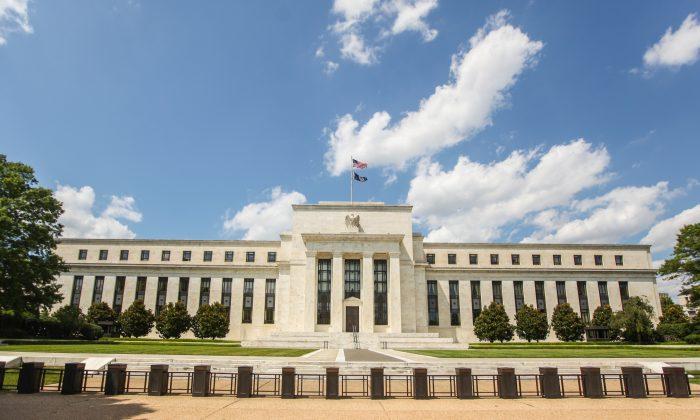For the first time since 1998, China’s GDP came in below the target of the communist regime, rising 7.4 percent in 2014. The Communist Party targeted 7.5 percent, and the market already expected lower growth at 7.2 percent.
Why is this a big deal? The communist regime needs high growth—at least on paper—to keep the Chinese happy. In 2010 it said it would need 8 percent to keep employment high and avoid social unrest.
“This is a political number now and it has a political narrative. The Party is not making the number up out of thin air. There are economic constraints,” said Leland Miller of the China Beige Book, a research firm specialized in sourcing on-the-ground data in China.
Now the regime has already reduced its target, missed it, and the market said growth is even lower in the real world.
Few people take the official statistics at face value for several reasons. First, it is calculated only three short weeks after the quarter ends, and it’s final.
U.S. statistics, also not without flaws, come out one month after the quarter end and are revised twice to get a more accurate picture as time passes. The second estimate is released three months after the respective quarter end.
Because the United States has a much more advanced and developed economy, as well as a longer tradition of keeping score, you would expect it to come up with numbers quicker than China, where Beijing has only a loose overview over what happens in different regions.
Bloomberg, which tracks data such as electricity consumption and rail traffic, estimates growth was 6.82 percent.
“The economy is in deceleration, long-term deceleration. Since Q2 there are important components that are doing well. Job growth is stable despite the slow-down. Profit performance at firms has been doing well, both sales and margins. They were better this quarter too,” said Miller.
Because the regime is focused on maintaining employment steady, it might not have to stimulate headline growth. “Stimulus is not needed. If it is done because of deflationary fears, it is not going to work,” said Miller.
Not the End
The Chinese regime’s mouthpiece Xinhua naturally remains upbeat, “The end of the high-speed growth era does not spell an end for China’s economy.”
Of course, nobody should expect the Chinese to go back and ride their bicycles after this number, but Xinhua’s assessment is still incorrect.
While the overall size of China’s economy has expanded dramatically over the last 30 years, per capital income is still relatively low at $6,807 for 2013, just a tad below Iraq’s.
Also, growth in investment in infrastructure and excess productive capacity is slowing, but it’s not shifting to consumption as planned.
“There was no sign of a pickup in retailing to counterbalance the easing of investment,” according to the “China Beige Book” report, based on the ground surveys. Only 49 percent of retailers surveyed reported a rise in sales, whereas 17 percent reported a decline.
Beijing’s main weapon to stimulate growth has gone blunt. Previously, even the sign of a slowdown would prompt a major surge in loans to push companies and local governments to start investing again. Not so this time. Despite talk of stimulus and eased credit conditions, there aren’t any takers, according to the “China Beige Book.”
“The economy hit a 2014 low in the second and since it has been fairly stable. All of the important problems of the economy we recognized in the second quarter of 2014 are still in place. Declining investment, declining borrowing; no one wanted to borrow and no one wants to spend. That’s why growth is low,” states the book.




